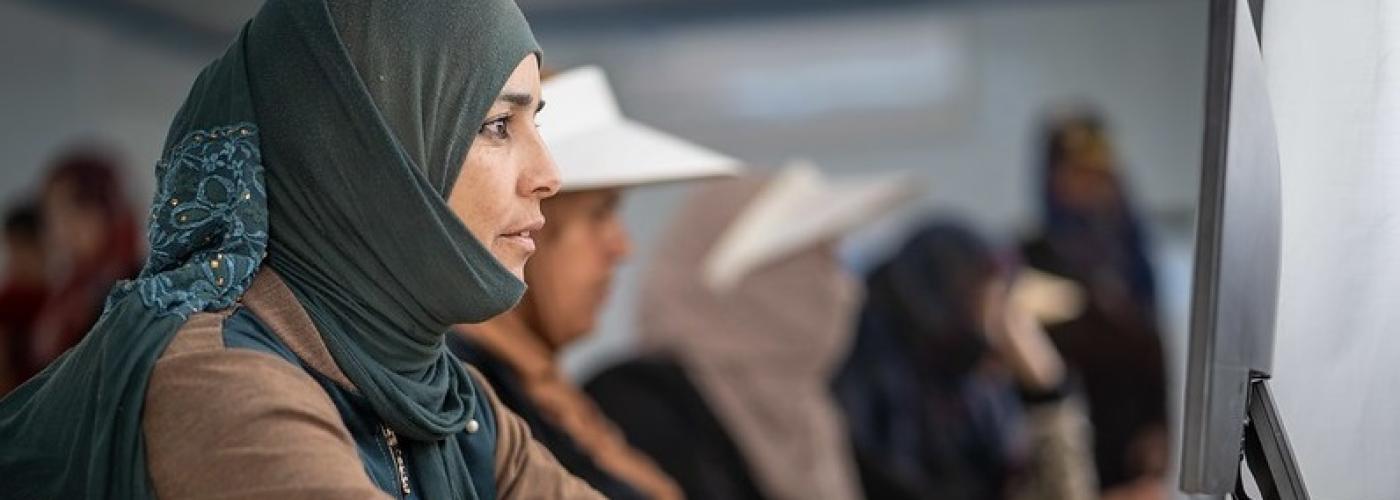Financial Inclusion, the Gig Economy, and Digital Finance
Image

This blog was authored by USAID's Lawrence Camp.
Driven by poverty and the inability to find a job in his rural community in Colombia, Jose moved to Bogota seeking new opportunities for work and better wages. While life remains hard, Jose was able to become a delivery service worker—working for several platforms and paid per delivery. This required an investment—a moped as well as a smart phone and internet access—and long hours. But for Jose, he is now working and earning enough to send a little money back to his family, and is hopeful that over time his income will grow and his situation may stabilize.
Technology is disrupting traditional labor markets, and creating new work opportunities for youth and other often marginalized groups. The ‘gig economy’—an economy in which short-term contracts and freelance gigs are common—has always been a feature of life in developing and emerging markets. But the emergence of platforms is changing the nature of the gig economy in those markets through features such as real-time matching, instant payments, etc. And in the process, they are redefining the definition of and relationship between ‘employer’ and ‘employee’. What are the implications for areas important to USAID such as financial inclusion, job creation, and youth employment?
For some, this portends new employment vistas, allowing for flexible work arrangements which can accommodate family and other needs as well as work for the formerly unemployed or underemployed. Also, platforms, with the data trails they generate and the digital rails they extend, may also prove to be a worthy channel for extending suitable financial services to platform workers, who are a financially excluded group.
But for others, gig employment opens the door to a potentially exploitative relationship in which the ‘platform,’ through which services are delivered (e.g., transportation, restaurant delivery), holds all the cards and sets the terms under which labor is compensated.
How can USAID and other development practitioners help ensure a positive outcome? How can we ensure that those choosing to join the gig economy via platforms have the technology and communications access they need to participate? And how can we help to ensure a fair balance between the platforms which are delivering new services (and expecting reasonable returns)—and the workforce which is providing them (and needs decent wages and working conditions).
On August 4, 2022, USAID will explore this fascinating topic in a webinar on Platform Work and Financial Inclusion. This event is the next in the Mobilizing Finance for Development webinar series. It will feature a presentation by Gayatri Vikram Murthy of the Consultative Group to Assist the Poor (CGAP), on the general topic of the gig economy and why the ‘platform ecosystem’ is important. It will then move into a panel discussion, which will address the risks inherent to workers in the platform-led gig economy, the technological and other challenges they face in participating, and the private sector perspective of the platform enterprises—seeking to disrupt traditional services patterns. It will include ‘voices from the field’ addressing how USAID Missions are using digital finance to advance financial inclusion and job creation. All of this will be pulled together by USAID’s Paul Nelson who will discuss how USAID and our development partners can react to—and positively support the inclusionary impact of—the platform-led gig economy as it advances in USAID's presence countries.

